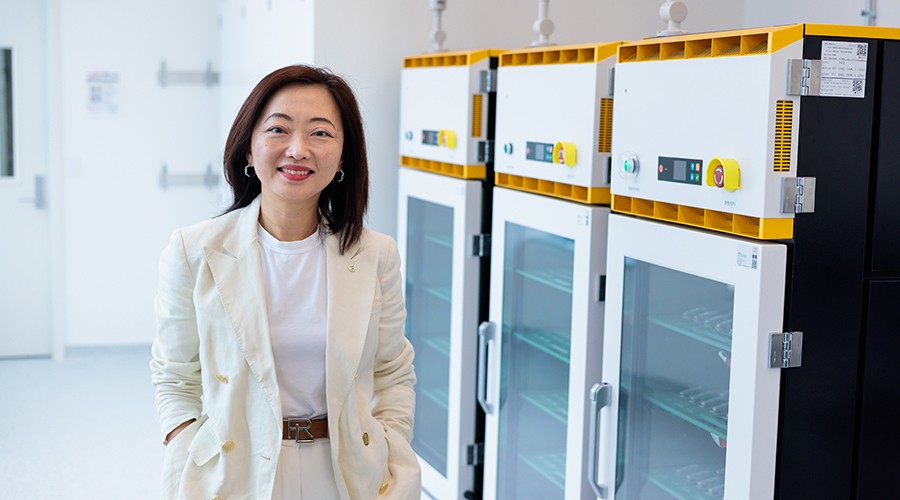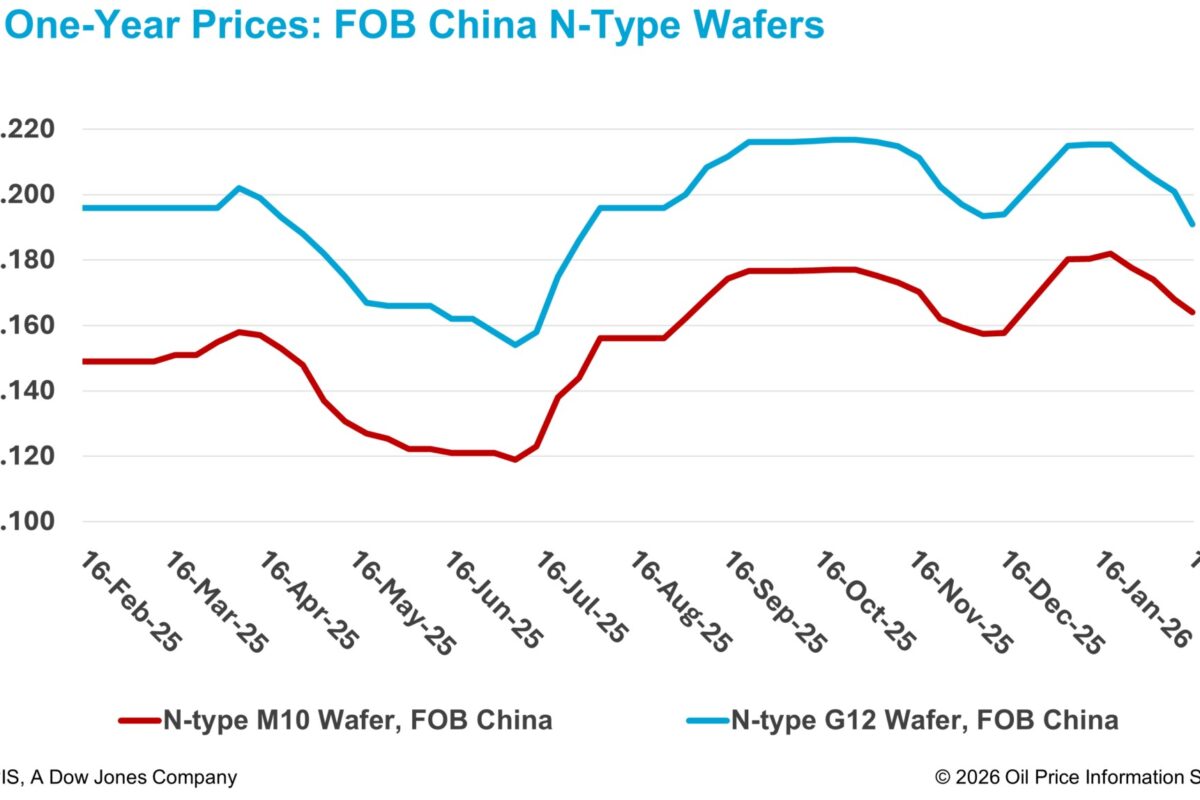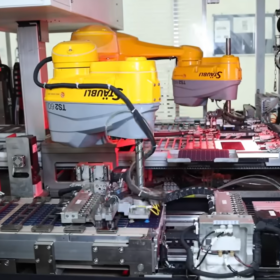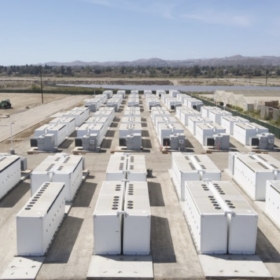From ESS News
As lithium-ion batteries continue to improve in terms of both performance and cost, it is becoming increasingly difficult for alternative technologies to challenge the incumbent. However, interest in solid-state batteries, which promise better energy density and safety, has significantly increased in recent times.
Similar to lithium-ion batteries, solid-state batteries store energy and release it to power devices. But instead of the liquid or polymer gel electrolytes used in lithium-ion cells, solid-state batteries rely on a solid electrolyte.
Building on this principle, researchers at the University of Chicago have developed a new sodium-based solid electrolyte that can reportedly maintain performance even at subzero temperatures.
“It’s not a matter of sodium versus lithium. We need both,” said Y. Shirley Meng, Liew Family Professor in Molecular Engineering at the UChicago Pritzker School of Molecular Engineering. “When we think about tomorrow’s energy storage solutions, we should imagine the same gigafactory producing products based on both lithium and sodium chemistries.”
The team identified a particular metastable structure of sodium hydridoborate with very high ionic conductivity. By rapidly cooling it, they were able to stabilize its crystal structure. This solid electrolyte was then paired with an ozone-based cathode coated with a chloride electrolyte to create high-areal-loading cathodes.
Next, the thick cathode layer was combined with a high-capacity alloy anode. This pairing, together with the rapid cooling of sodium hydridoborate, effectively “locked in” the material’s crystal structure while allowing fast sodium-ion (Na⁺) mobility.
“High-throughput molecular dynamics simulations reveal that the propensity for anion motion significantly enhances the population of highly mobile Na⁺ without affecting the activation energy,” the researchers explained.
“This metastable structure of sodium hydridoborate exhibits ionic conductivity at least ten times higher than previously reported—and three to four orders of magnitude higher than its precursor,” said co-author Sam Oh.
The team believes that using thicker cathodes could boost the energy density of solid-state batteries. “It’s still a long journey, but this research opens up new possibilities for the technology,” Oh said.
The research work can be found in “Metastable sodium closo-hydridoborates for all-solid-state batteries with thick cathodes,” published in Joule.
This content is protected by copyright and may not be reused. If you want to cooperate with us and would like to reuse some of our content, please contact: editors@pv-magazine.com.









By submitting this form you agree to pv magazine using your data for the purposes of publishing your comment.
Your personal data will only be disclosed or otherwise transmitted to third parties for the purposes of spam filtering or if this is necessary for technical maintenance of the website. Any other transfer to third parties will not take place unless this is justified on the basis of applicable data protection regulations or if pv magazine is legally obliged to do so.
You may revoke this consent at any time with effect for the future, in which case your personal data will be deleted immediately. Otherwise, your data will be deleted if pv magazine has processed your request or the purpose of data storage is fulfilled.
Further information on data privacy can be found in our Data Protection Policy.